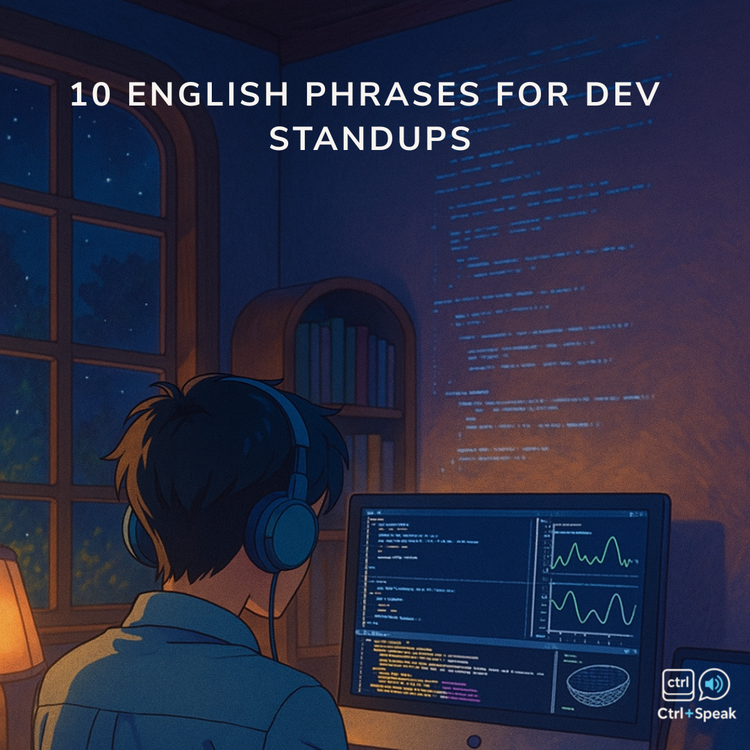06
Jul

Top 10 interview questions for Tech Roles.
Applying for tech jobs can be tough — especially in English. Many learners think they need perfect grammar to pass an
3 min read



